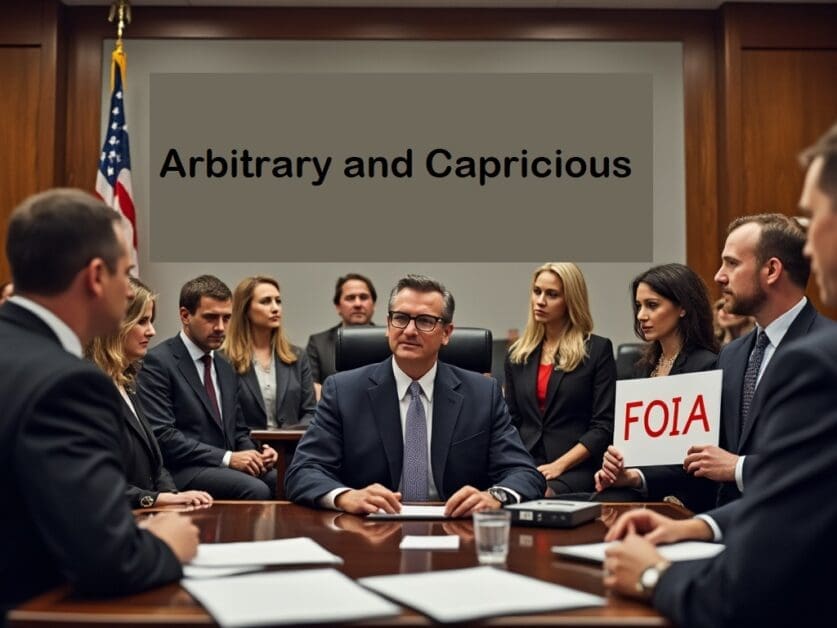What Is the Balanced Budget Refinement Act of 1999?
The Balanced Budget Refinement Act of 1999 (BBRA) is a pivotal federal law in the United States, enacted to refine and make corrections to the Balanced Budget Act of 1997, particularly in relation to Medicare. This Act played a significant role in adjusting Medicare payments to hospitals for inpatient services and other related healthcare provisions. […]
What Is the Balanced Budget Refinement Act of 1999? Read More »









